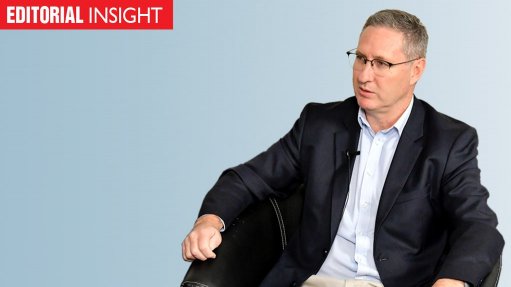
The messages around the future governance of South Africa’s large and seriously underperforming State-owned Enterprises (SOEs) are incredibly mixed.
On the one extreme is the message that these SOEs will, in future, fall under their line departments – a move that runs counter to current policy and global best practice, but which has been endorsed by the governing African National Congress (ANC).
While the report containing the resolutions arising from the ANC’s 55th National Conference emphasises that any reconfiguration should be guided by the “balance of evidence”, it has nevertheless still been resolved that: “A process of reconfiguration of SOEs should place SOEs that operate in specific sectors of the economy under the relevant government departments.”
Then there is the plan to place companies such as Eskom, Transnet and Denel under a new State-owned holding company in line with recommendations made by both the Presidential Review Committee on SOEs and the Presidential SOE Council.
Reconciling these two positions appears to be impossible, yet this is precisely what President Cyril Ramaphosa seems to be aiming to achieve as government pursues a “reconfiguration” of its more than 100 SOEs.
Speaking on the matter in Parliament earlier this month, the President confirmed to lawmakers that the process of reconfiguration “takes the overall approach that SOEs that operate in specific sectors of the economy should be placed under the relevant government departments”.
Yet, in the very next breath he added that this process was being supported by the work of the Presidential SOE Council, which recommended the creation of a centralised shareholder model for the management of the SOEs and that a State-owned holding company be established to house strategic SOEs and to exercise coordinated shareholder oversight.
“This will delineate the functions of policymaking and regulation from the shareholding and operations of those SOEs. Policymaking and regulation will reside in the relevant departments,” the President said.
In other words, the policy of the current administration in relation to the SOEs is as clear as mud. What is clear, however, is that any move to reintegrate the large SOEs under their line departments would be a retrograde one.
True, the decision to uncouple Eskom, Transnet and Denel from their policy departments has not prevented what has been a precipitous decline in their performances. Nor has it prevented a predatory elite from penetrating governance and executive structures, with disastrous consequences.
Nevertheless, such separation remains a necessary, albeit insufficient, condition for reducing so-called moral hazard. And moral hazard will only grow, given that all the sectors in which these companies are operating are undergoing significant change.
Should the financial and operational interests of the incumbent SOE take precedence over what is required to ensure the improved performance and sustainability of the sector as a whole, the consequences could prove as (possibly more) catastrophic than the decline that has already been witnessed to date.
That said, it is more than likely this reconfiguration could take many months, if not years, to implement and could, thus, even become a moot point after next year’s elections.